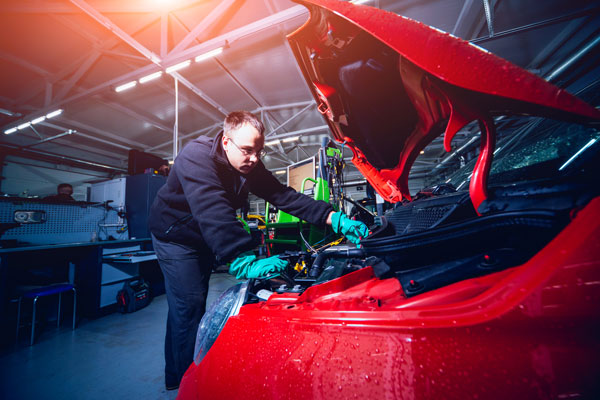Australia now has access to a new training apprenticeship package aimed at creating a new generation of electric vehicle technicians.
In February, the Australian government released the details for the training package and qualification called AUR32721 – Certificate III in Automotive Electric Vehicle Technology.
According to training.gov.au – the National Register on Vocational Education and Training (VET) in Australia – this qualification ‘reflects the role of individuals who service, diagnose and repair battery electric vehicles and components in the automotive, service and repair industry who carry out work according to Australian Standards (AS) 5732 Electric vehicle operations – Maintenance and repair.’
The training package includes specific core units for both light vehicle and heavy vehicle categories, meaning students can become qualified with either a Certificate III Automotive Electric Vehicle Technology (Light Vehicle), or Certificate III in Automotive Electric Vehicle Technology (Heavy Vehicle), depending on the units completed.
Total units required to complete the training is 30, consisting of 17 core units and 13 electives. Core units include:
- Depower and reinitialise battery electric vehicles,
- Diagnose and repair traction motor speed control systems in battery electric vehicles,
- Diagnose and repair high voltage traction motors in battery electric vehicles,
- Diagnose and repair DC to DC converters in battery electric vehicles, and
- Use and maintain electrical test equipment in an automotive workplace.
The development of an EV-specific apprenticeship has been in progress for some time with industry stakeholders, including MTA Queensland and the MTA Institute, involved in that process, engaging with the government and PwC’s Skills for Australia – which helps develop training packages – in identifying the skills and knowledge requirements of an EV workforce.
The release of the qualification has been widely anticipated and is extremely welcome.
Marcello Riotto, MTA Queensland’s Deputy General Manager for Member Services, and an Industry Skills Advisor, is part of the Industry Reference Group that helped shape the qualification, providing industry feedback and technical advice. The new qualification, he said, reflects the shift of the world’s transportation model to electrification and Australia’s need to be prepared for that future.
“With this transition from ICE-powered vehicles to electrically powered ones comes a skill and knowledge gap that requires filling,” said Marcello. “This new qualification is doing exactly that. To date, traditional apprenticeships do not suit an apprentice who works purely on EVs, so this qualification is particularly important for apprentices who are employed with vehicle manufacturers who only have electric vehicles in their fleet.”
With the Certificate III training package now approved, and with just some administrative details to be signed off, MTA Queensland will be offering the qualification training imminently. Apprentices will be able to complete the full Certificate III in Automotive Electric Vehicle Technology (both light vehicle and heavy vehicle qualifications) while current qualified technicians will be able to attain the qualifications through bridging courses.
“MTA Queensland will deliver this qualification through its RTO, the MTA Institute, as soon as physically possible,” said Marcello.
“At this stage we are waiting on the registration and the funding mechanisms from the State Government before it can go live to industry, and it is anticipated to take a couple of months to complete this process.
“The delivery model for the apprenticeship will be no different to what the Institute currently provides – being a blend of both workplace and institutional delivery where possible. In addition to the full qualification for new-start apprentices, there will also be skill sets which existing technicians can complete to become EV qualified.”
Visit the MTA Institute website to see what courses are currently available.
Source: Motor Trader e-Magazine (March 2022)
16 March 2022


